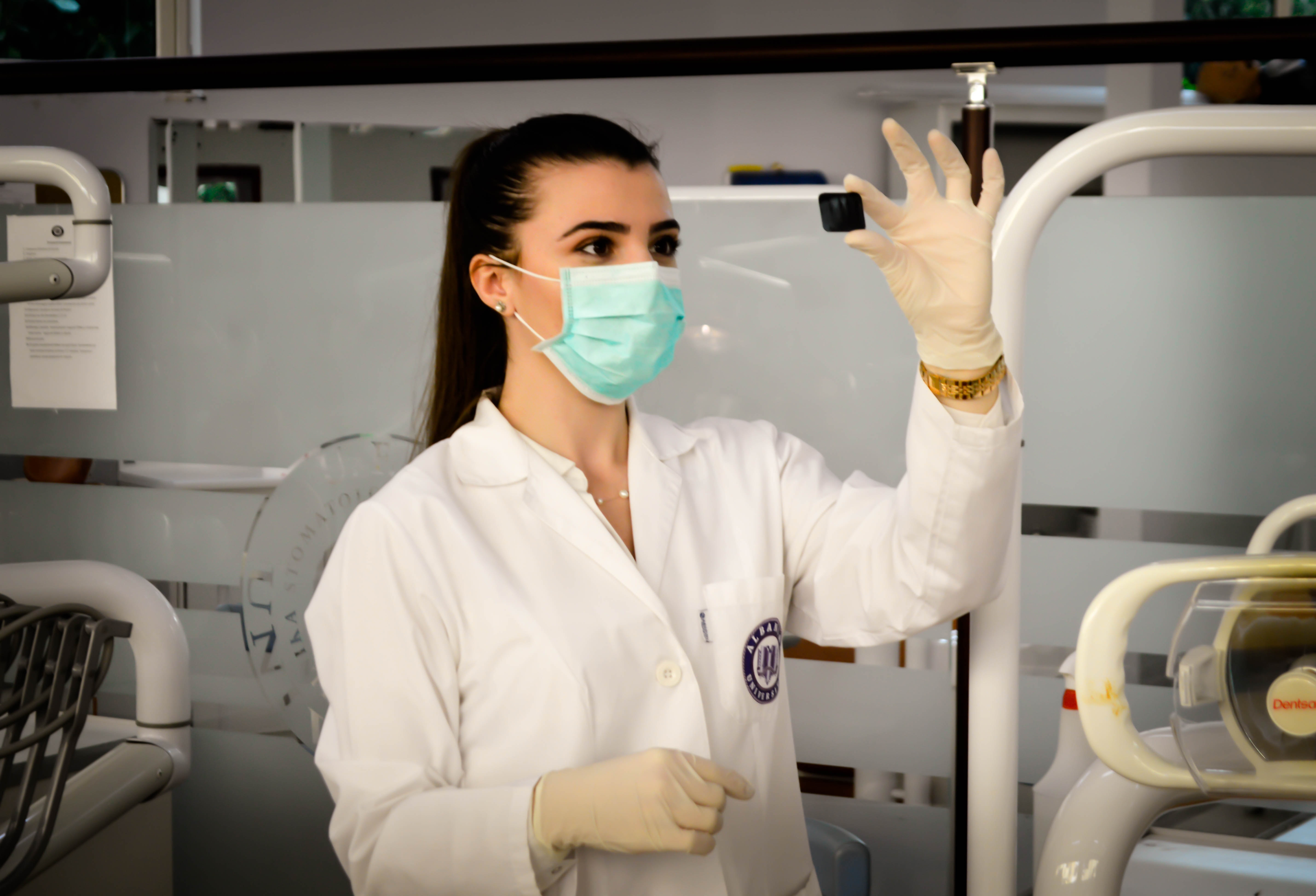There are now 12 confirmed cases of COVID-19 in British Columbia.
The province’s Chief Medical Health Officer, Dr. Bonnie Henry, and Health Minister Adrian Dix, revealed the three new cases of the coronavirus at a joint news conference Tuesday afternoon.
They said that all “new cases reside in the Vancouver Coastal Health region and have recently returned from travel to Iran.”
Four of the victims of the virus in BC have recovered and the rest are in isolation at home with support and monitoring from public health teams.
Dr. Henry and Health Minister Dix stated that “while the risk of spread of COVID-19 within British Columbia remains low at this time, we continue widespread testing by screening British Columbians and travelers with symptoms, along with their close contacts.”
Officers with Canada Border Services Agency now request contact information from travelers arriving from Iran, tell them to self-isolate for 14 days, and contact public health officials.
If someone arrives from another country showing symptoms, border services officers contact quarantine officers to do a screening.
Other travelers returning to or visiting B.C. from outside Canada are asked to monitor themselves and their children closely for symptoms.
If they show symptoms, they are to limit their contact with others and call 811.
Dr. Henry and Dix recommend frequent hand washing and other measures to prevent the spread of the coronavirus:
“The most important measure anyone can take is preventing the transmission of respiratory illnesses, including COVID-19. This includes cleaning your hands regularly, avoiding touching your face, coughing or sneezing into your elbow sleeve, and disposing of tissues appropriately.
“Similar to how you may need to care for someone with influenza, you will want to ensure you have sufficient food, medications, and support in place for you and your family to stay home for a number of days. These are the normal preparations when someone in your family is ill. There is no requirement for British Columbians to stockpile supplies.”
They added that it’s very important to stay home and away from others if you or members of your family are sick.
This includes staying home from work or school and postponing visits to long-term care facilities.






